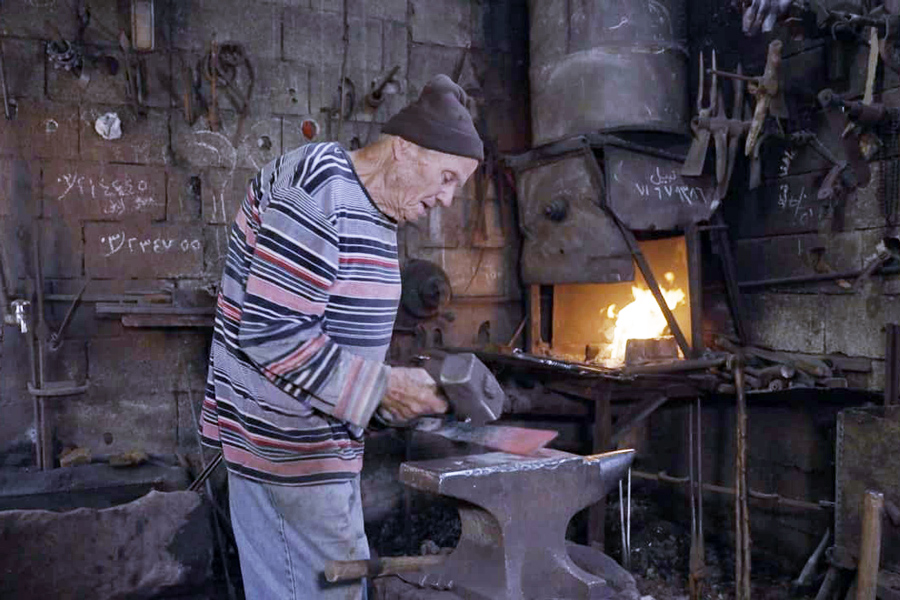
Lebanon’s pivotal role in EU-funded resilience projects stems from its unique blend of tradition and innovation. From rural wisdom to urban technology, it offers diverse insights crucial for collaborative efforts. By embracing multiculturalism, Lebanon fosters inclusive collaborations, paving the path for a sustainable future through EU partnerships and holistic approaches.
In the landscape of EU-funded resilience projects, Lebanon emerges as a pivotal partner, presenting a compelling blend of traditional wisdom and modern innovation. This Mediterranean nation’s contrasting assets, from rural communities steeped in ancestral knowledge to urban centres bustling with cutting-edge technologies, underscore its significance in collaborative initiatives aimed at reinforcing resilience.
Lebanon’s rural areas stand as defenders of traditional agricultural practices, where marginalised populations continue to cultivate the land using age-old methods. These communities, deeply rooted in their connection to the soil, offer insights into sustainable land management and resilience strategies honed over generations. Their resilience in the face of environmental and socio-economic challenges provides a valuable framework for addressing similar issues on a broader scale.
In contrast, Lebanon’s urban hubs showcase state-of-the-art technologies and strategies for agricultural practices, such as smart food and agricultural systems. Here, amidst the vibrant energy of modernity, innovation thrives, propelling forward-thinking solutions to address contemporary challenges head-on. The juxtaposition of tradition and innovation within Lebanon’s borders creates a fertile ground for cross-pollination of ideas and approaches, essential for tackling complex issues like climate change and food security.
Beyond its agricultural landscapes, Lebanon’s diverse society adds another layer of richness to its contribution to EU-funded resilience projects. With its multicultural and multilingual population, Lebanon serves as a cultural crossroads where ideas and perspectives converge. This diversity fosters cross-cultural exchange and collaboration, enriching the discourse surrounding resilience and opening up new avenues for problem-solving.
Lebanese rural communities offer timeless insights for EU resilience programmes and initiatives, rooted in tradition.
Photo: Rhea Kahale
Lebanon and the EU: building resilience together
Resilience lies at the heart of Lebanon’s identity, shaped by its history of overcoming challenges. By integrating Lebanon into EU-funded projects focused on resilience, a holistic approach emerges, combining traditional wisdom with modern solutions. Marginalised communities, often overlooked in development initiatives, stand to play a significant role in shaping resilient practices, ensuring inclusivity and sustainability.
Moreover, Lebanon’s role as a regional hub presents boundless opportunities for collaboration with European partners. Cross-disciplinary partnerships between academia, industry, and local communities hold immense potential to drive impactful research and implementation strategies. Together, these collaborations can stimulate innovation, foster knowledge exchange, and facilitate mutual growth, advancing the collective resilience of both Lebanon and Europe.
In conclusion, Lebanon’s integration into EU-funded resilience projects is not only beneficial but imperative. Its diverse assets, ranging from traditional knowledge to cutting-edge technologies, offer a comprehensive approach to resilience that embraces both the past and the future. By harnessing Lebanon’s potential, EU-funded initiatives can forge a path towards a more sustainable, inclusive, and resilient future for all.
Visit ResAlliance’s official website
This article was originally written by:
Rhea Kahale
Jouzour Loubnan Association
The post Bridging tradition and innovation: Lebanon’s role in EU-funded resilience projects appeared first on Resilience Blog.